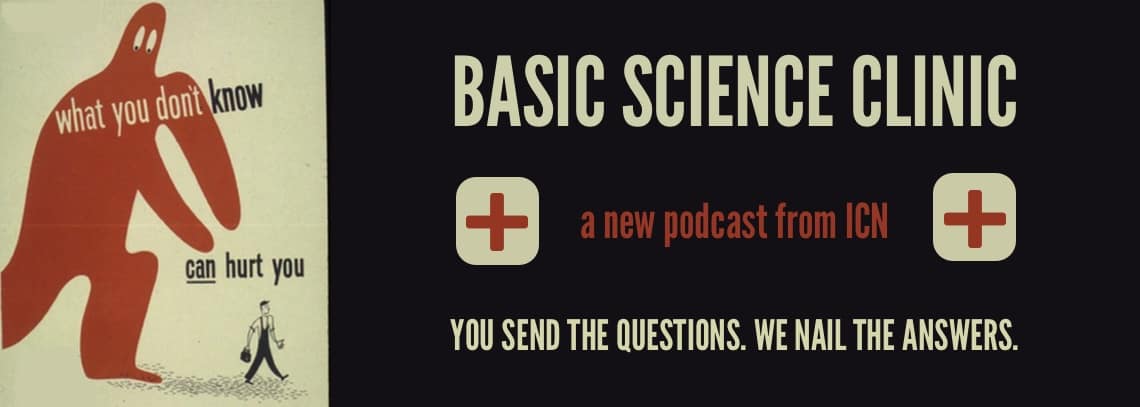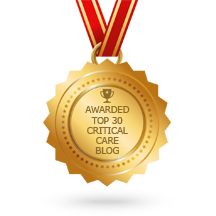BASIC SCIENCE CLINIC
You send the questions
We nail the answers
[/az_special_heading]
[/az_box_icon][az_lightbox_image image=”10353″ animation_loading=”yes” animation_loading_effects=”move_left” title=”Steve Morgan” gallery_name=”Basic Science Clinic Team”]
Morgan. Young gun ICU reg who’s nailed most primaries out there. Erudite, enthusiastic and weirdly un-smug, he knows what you need to know to excel at the primary exam. Follow him on Twitter.
[/az_box_icon][az_lightbox_image image=”10354″ animation_loading=”yes” animation_loading_effects=”move_right” title=”Richard Lee”]
Prof Lee. What he doesn’t know about basic science relevant to crit care is not worth knowing. He’s got so many trainees through their primary that he’s under investigation. The people who wrote the books came to him when they couldn’t work it out.
[/az_box_icon]
It’s all about the physiology.
Critical illness is defined by it. All of our senses, tools, concepts and heuristics are geared towards the empirical assessment of rapidly changing physiology, guiding our interventions to buy us and our patients more time to work on securing survival.
Everyone that works in the field will have had moments of epiphany, paradigm shifts, in their understanding of physiology that changed their approach, the fidelity of their conceptual understanding. That is the purpose of the much-maligned primary examination; it is often only after the pass is secured that you can truly appreciate the process and the new-found clarity at the bedside it provides.
It is the real jump off point on your journey of continually developing the instincts for critical clinical decision-making, and we want to help you make it feel relevant and rewarding.
Our aim is to provide a dynamic forum for basic science discussion, addressing the concepts creating difficulty, providing model answers from both written and viva exams, using multimedia where applicable.
The team includes the singular wisdom of Prof Richard Lee, seasoned and erudite, facilitator of primary examination success for many generations of anaesthetists, intensivists and emergency physicians.
The centre-piece will be the podcast, the content of which will be completely driven by the demands of our future listeners as we will attempt to expeditiously address any queries or quandaries you have.
It’s a new tutorial system driven by social media, taking its place in the information age.

























